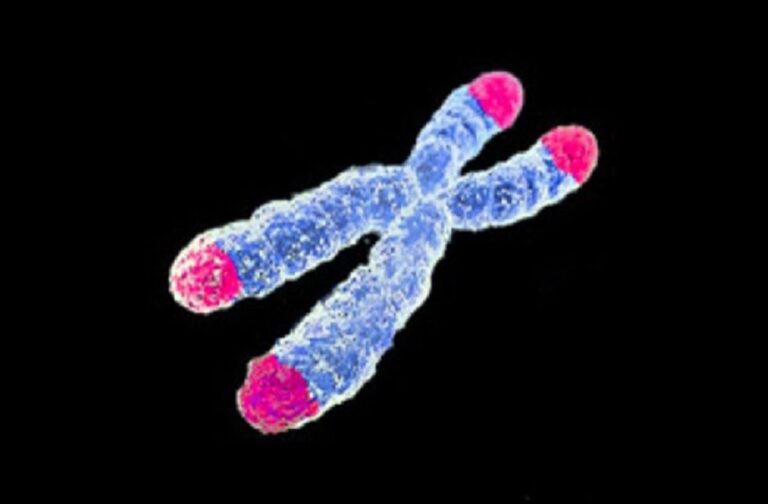South Korea: The telomere, also known as the fuse, is now known to be abnormally short in the cells of senior people who are generally healthy but have detected early signs of depressive symptoms and cognitive decline, such as memory loss. This finding was made by researchers in South Korea.
Every one of our chromosomes has a small, slow-burning “fuse” linked to their ends, and as we age naturally, each of our cells loses more and more of that essential line. The randomised controlled trial adds more support to the theory that all cells eventually reach a point where they are unable to divide and replicate, which is known as the telomere hypothesis of ageing.

Telomeres are essentially the “molecular clocks” that count down to the final zero, and prolonged stress and perhaps depression appear to hasten this process. The repeated DNA sequences known as telomeres serve as protective “caps” on the ends of chromosomes in living cells. Telomeres get a little bit shorter and lose a little bit of their protective capacity with each cell division and replication.
When the cell’s telomeres ultimately run out, it stops dividing and goes into a zombie-like state. The idea is that if the body’s recycling system doesn’t get rid of these zombie cells, they can gather into an army and spread sickness pretty much everywhere in the body.

Whether or not you agree with this theory, it is obvious that ageing, not just for the cell but for the entire organism, is directly tied to the telomere’s shortening. Many studies have demonstrated a strong correlation between cognitive decline and depression in elderly people and the length of their telomeres.
The recent randomised trial’s findings will need to be confirmed in bigger cohorts, but the authors are optimistic that their research may assist identify elderly people at risk for depression before symptoms manifest.



